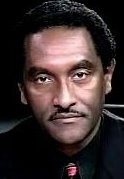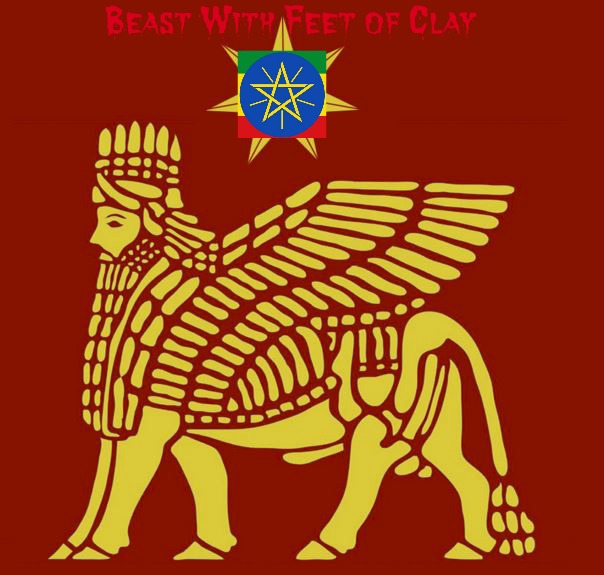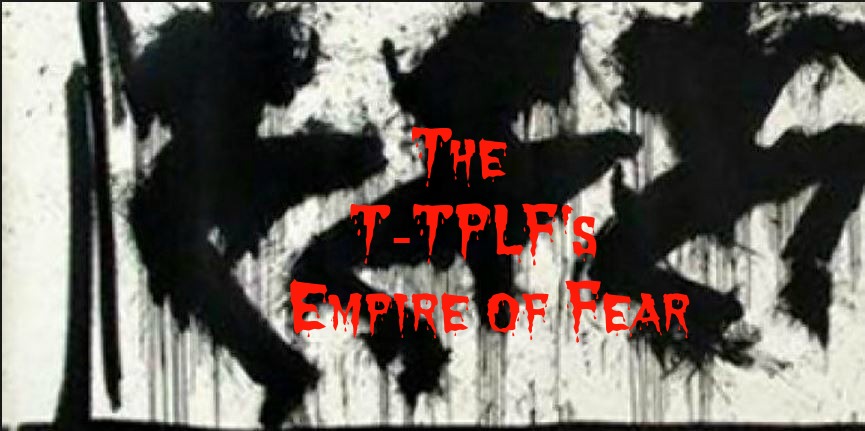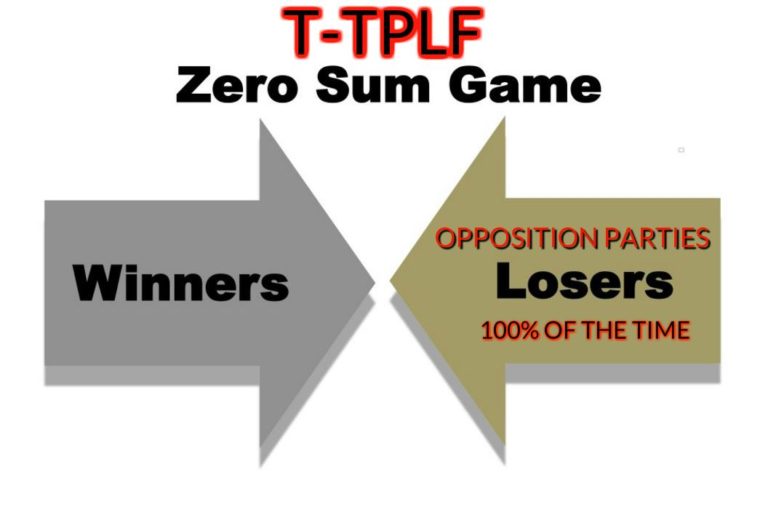Of Civil Disobedience and Nonviolence – Part I
In a three-part series, we shall attempt to present an overview of the history, practice and philosophy of civil disobedience and nonviolence, and the unique contributions of Henry David Thoreau, Mahatama Ghandi and Martin Luther King to the global nonviolence movement.
Henry David Thoreau
Is there a moral duty for men and women to nonviolently resist oppressive and unjust laws, and the commands and demands of a despotic government? If there is such a duty, what is the best method of resistance? If civil disobedience and nonviolence are morally justified methods of resistance, what are the foreseeable consequences of such resistance for the individual and society?
Henry David Thoreau, the 19th Century American philosopher, was the first modern thinker to systematically consider the moral dimensions of disobeying unjust laws and oppressive civil government. He concluded that nonviolent civil disobedience was justified, because in a democracy government derives its just powers from the consent of the governed and by delegation from free individuals. If government abuses or perverts the will of the people, Thoreau argued, any individual has the moral right, indeed a higher moral duty, to stand apart from the laws of that government and actively and nonviolently resist it.
Thoreau, an ardent abolitionist and pacifist, condemned the practice of slavery in America, and railed against the federal fugitive laws which allowed slave masters to recapture and repossess slaves who had escaped to the free states. He also opposed the westward territorial expansion of the United States and annexation of what is now western United States by President James Polk in the Mexican-American War (1846-48) under a general doctrine known as “Manifest Destiny,” which was based on a belief that God had given America a mission to expand its borders from “sea to shining sea.”
In his book, On the Duty of Civil Disobedience(1), Thoreau explained his philosophical justifications for civil disobedience and the moral duty of individuals to engage in it to preserve their individual integrity and advance the common good.
Thoreau had little confidence in elected leaders or governmental institutions. He believed that “government is best which governs least,” but such government he did not find in his day. He acknowledged government was necessary, but only in so far as it is the “mode which the people have chosen to execute their will.” He believed the leaders of his day, entrusted with the people’s will, were “liable to abuse and pervert [that will] before the people can act through it.”
The inevitable “perversion and abuse” of the people’s will presented Thoreau two problematic issues in the functioning of democratic government: 1) the tendency for majority rule to degenerate into tyranny of the majority, and 2) the tendency for citizens in a democracy to abdicate their moral responsibilities in favor of blind obedience to the law. Thoreau questioned: “Can there not be a government in which majorities do not virtually decide right and wrong, but conscience? Must the citizen ever for a moment, or in the least degree, resign his conscience to the legislator? Why has every man a conscience, then?”
For Thoreau, men could be distinguished by their demonstrated abilities to act their conscience and convictions. He felt most citizens — out of ignorance, indifference, or cowardice– would rather show blind respect for the law than disobeying it even when they are convinced the law is oppressive and unjust. He believed government had reduced ordinary citizens to “serve not as men, but as machines, with their bodies. They are the standing army, and the militia, jailers, constables.” He felt these citizens had no “moral sense, but they put themselves on a level with wood and earth and stones. Such [men] command no more respect than men of straw or a lump of dirt. They have the same sort of worth only as horses and dogs.”
Thoreau had an equally dim view of the “esteemed good citizens” of society — legislators, politicians, lawyers, ministers, scholars, businessmen and office-holders — who have compromised their capacity to make moral distinctions and judgment to advance their self-interest and were “as likely to serve the devil, without intending it, as God.”
Thoreau saw social redemption in a third and much smaller group of citizens — heroes, patriots, martyrs and reformers — whose chief distinction is that they “serve the state with their consciences, and necessarily resist it for the most part; and they are commonly treated as enemies by it.”
In his day, Thoreau saw his civil disobedience as a proper response to the evil institution of slavery and the unjust expansionist war in Mexico. He thought the American government of his day was a “disgrace,” and declared: “I cannot for an instant recognize that political organization as my government which is the slave’s government also.” Thoreau refused to accept a government that kept a sixth of the American population in bondage, yet piously claimed to be the land of liberty. He found it necessary to oppose an unjust war against Mexico resulting in the destruction of indigenous populations in a shameless land grab.
Thoreau demonstrated his civil disobedience by becoming part of the antiwar movement of the day and refusing to pay poll tax which he felt was used to support an unjust war and extend slavery into the western territories, which proved true when Texas became a slave state upon joining the union in 1861.
The greatest source of frustration for Thoreau was the inertness of the thousands of his countrymen who were opposed to slavery and the Mexican War, yet did nothing to put an end to them. Thoreau complained that these citizens will “sit down with their hands in their pockets, and say that they know not what to do, and do nothing…. They hesitate, and they regret, and sometimes they petition; but they do nothing in earnest and with effect. They will wait, well disposed, for others to remedy the evil, that they may no longer have it to regret. There are nine hundred and ninety-nine patrons of virtue to one virtuous man; but it is easier to deal with the real possessor of a thing than with the temporary guardian of it.”
The impact of Thoreau’s advocacy of civil disobedience has been wide-ranging, inspiring notably Ghandi to mount a passive resistance independence movement in India and Martin Luther King to lead a nonviolent civil rights movement in the in the United States.
If there is a lesson to be drawn from Thoreau’s philosophical discourses, it is that civil disobedience is both an act of uncommon virtue and valor, and an extraordinary act of patriotism by an individual in a given society. As to the “ninety nine patrons,” they have a choice of not acting, and continuing to practice their well-worn virtues: ignorance in the face of manifest injustice, indifference in the face of suffering, deprivation and oppression, and cowardice in the reflective mirror of their own conscience.
_____________
1 Originally titled Resistance to Civil Government.






